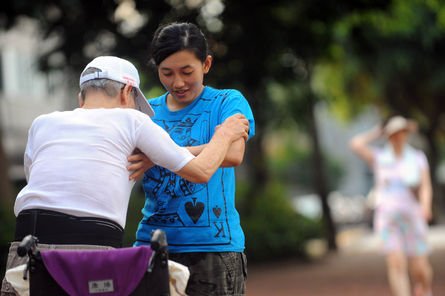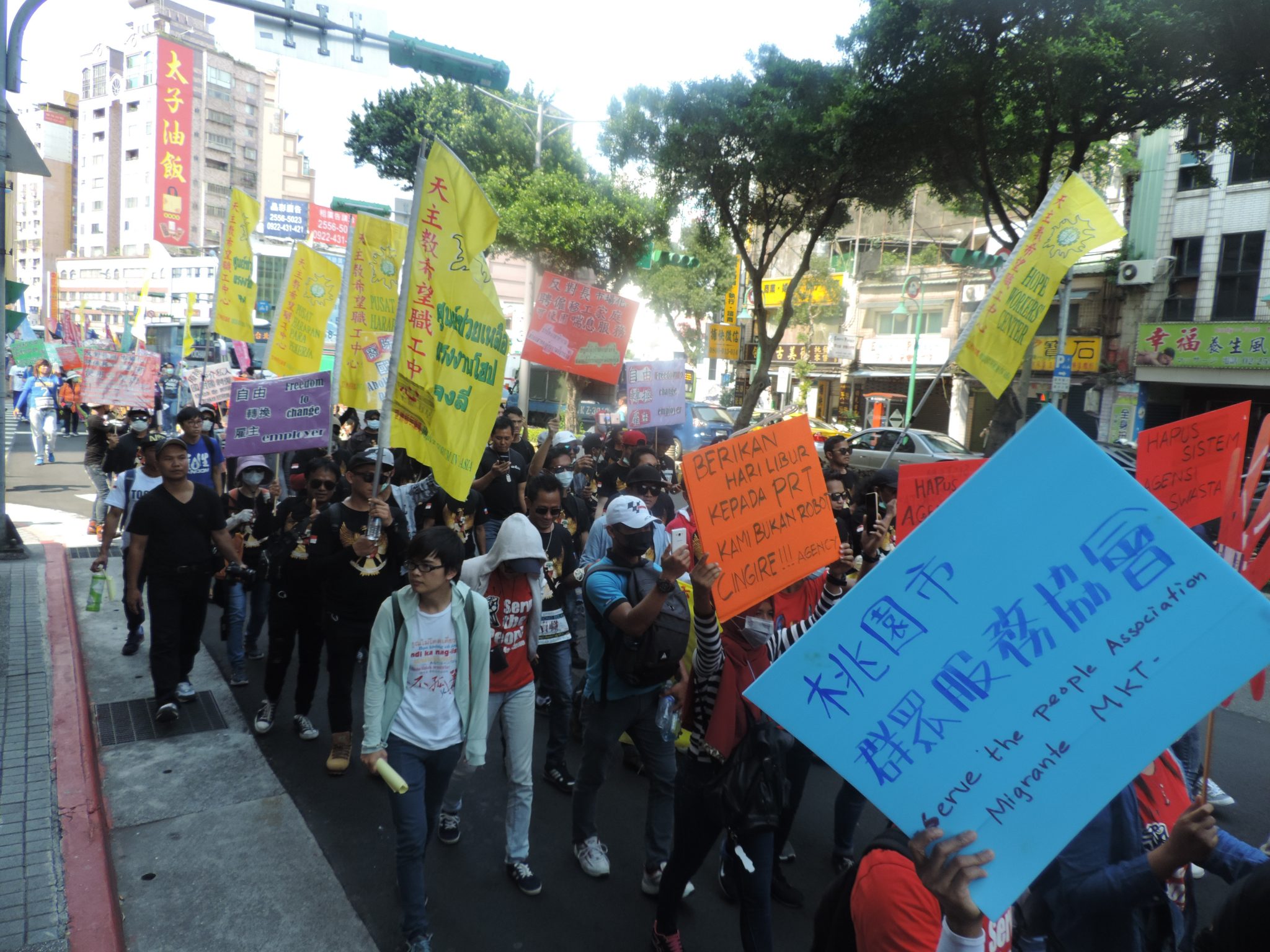Jul 04, 2004 RIGHTS FOR ALL: The new Legal Aid Foundation and the Legal Aid Law ensure that the rights of low-income groups to initiate and defend court cases are protected. As demonstrated by the passing of the Legal Aid Law last December and the grand opening of the Legal Aid Foundation on Thursday, Taiwan has become one of the countries in the world that has created institutionalized mechanisms to protect low income earners’ legal rights. "I know there are lots of volunteer lawyers out there and they are helping the poor," said President Chen Shui-bian. "But, as a democratic country, we must have mechanisms in place for this purpose and a law to make sure that the spirit of our Constitution is carried out." Chen made his remarks during the foundation's launch ceremony on Thursday. He referred to Article 16 of the Constitution, which stipulates that people's legal right to file lawsuits shall be protected.
According to Cheng Wen-lung, the foundation's secretary-general, the establishment of the foundation is actually the result of the Legal Aid Law, which was passed by the legislature on Dec. 23 last year and became effective on Jan. 7 this year. However, the original idea behind the law was first proposed during the National Judicial Reform Seminar in 1999. Putting the law on the books became a priority in September last year, as the then newly amended Code of Criminal Procedure requires that defense counsels and prosecutors during hearings have to argue their cases and debate before judges. The need for defense counsels therefore became crucial. The new regulation that defense counsels and prosecutors have to present their arguments by debating during hearings has sparked heated public discussion. People were concerned that this would deprive poor people of their legal right to fight or institute lawsuits, because litigation would become too expensive for the ordinary citizen as fewer people would be able to afford increasing legal and lawyers' fees. The court now assigns public defense counsels to defendants who cannot afford lawyers; however, a manpower shortage has always been a problem in the country's judicial system.
Former Judicial Reform Foundation executive-general Shirley Lin lauded the foundation's launch and said that it proves to the world that human rights have been well protected in Taiwan. "If we ignore low income earners' legal rights, they might create more social problems, such as commit suicide or commit more crimes, if they cannot fight through legal process," Lin said. Lin also urged the public to donate as much as possible to the foundation to ensure that more people could be helped. "Although the foundation enjoys an annual budget from the government, the money will probably not be enough if it has to deal with too many cases," Lin said. "More donations will help assure that our human rights are well protected," she said. The foundation will be supported by an annual NT$500 million budget from the Judicial Yuan. The money will be used to pay all legal fees and lawyers' paychecks. More than 800 lawyers have registered at the foundation's five branch offices to help needy people. "To make sure that low income earners' legal rights will not be sacrificed because they cannot afford lawyers, is the spirit behind our services," Cheng said. "Foreign nationals are also our potential clients, whenever necessary," Cheng said. The foundation now has only five branch offices, in Taipei, Taichung, Tainan, Kaohsiung and Hualien. However, Cheng said that the foundation will be expanded and have 21 branch offices in total within three years.







